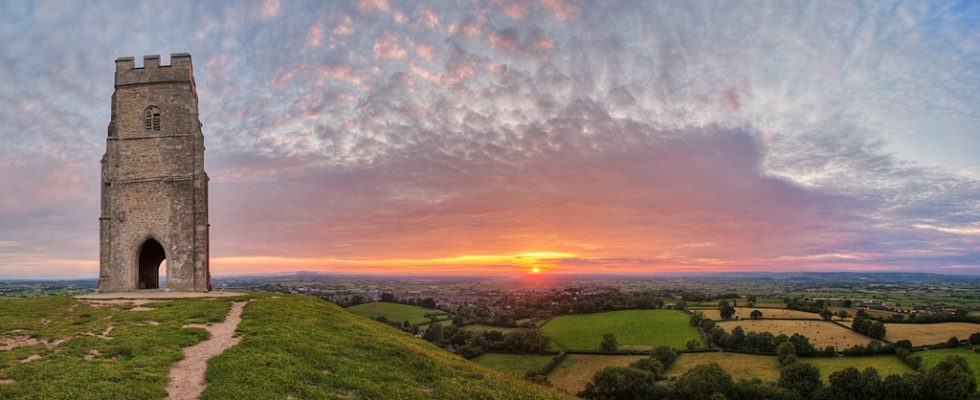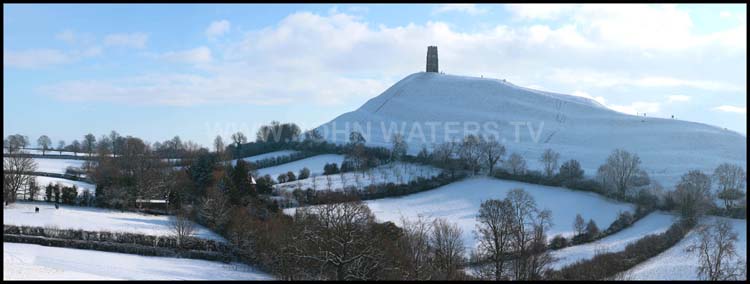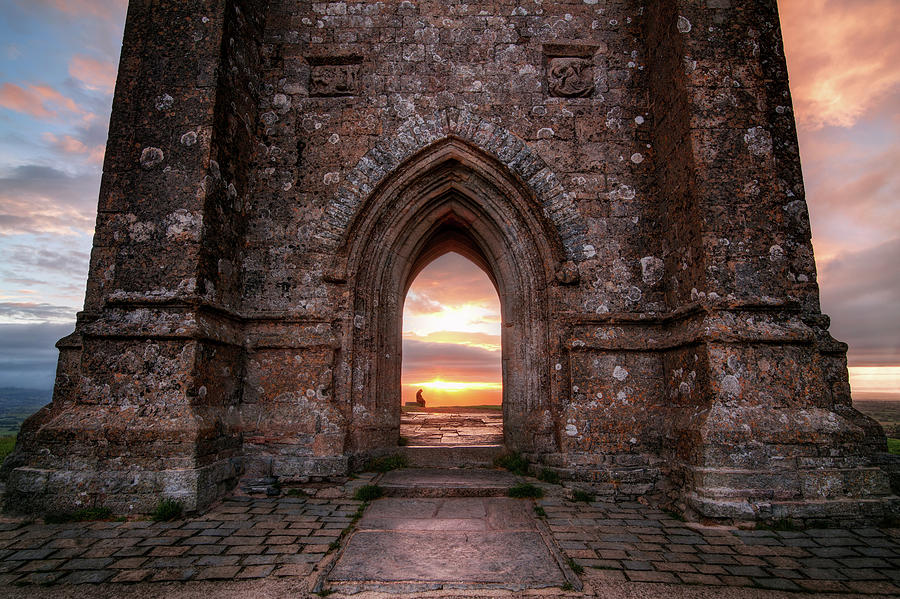
Traces of a fort dating back to the 5th century have been discovered. In the later Dark Ages, there were more signs of habitation: two hearths, one with a blacksmith’s forge fragments of Mediterranean amphorae dating back to the 6th century two bodies, buried with a north-south orientation (and therefore probably not Christian) and several postholes, indicating buildings. Neolithic civilizations left flint tools near the top.

Today, the River Brue runs around three sides. Glastonbury Tor rises from the Summerland Meadows, a plain that was once swampy fenland. The Celtic word “tor” means “conical hill”, an apt description.

For as long as there have been people in the area, Glastonbury Tor and its spring at Chalice Hill have had spiritual significance. Evidence of occupation in the area dates back as far as 300 BC.

Glastonbury Tor is a striking hill rising from the plain near Somerset, England.


 0 kommentar(er)
0 kommentar(er)
